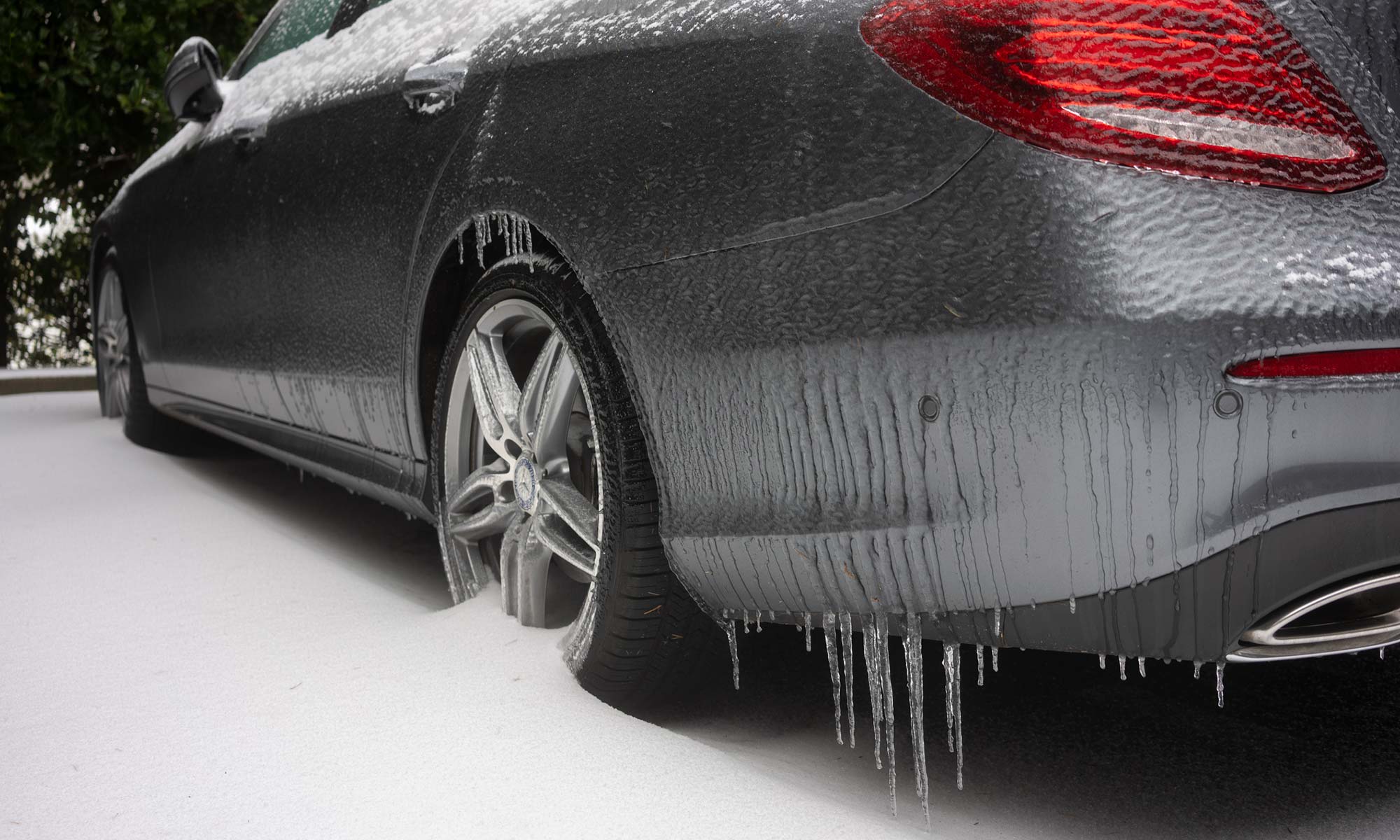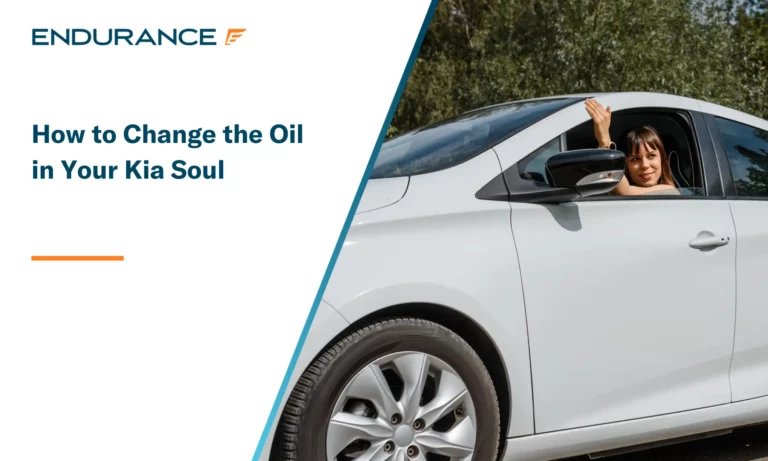Get this deal! Call now.
Speak with a vehicle protection plan specialist and get $300 off any new contract instantly.
Call 866-678-4172
Whether you are holiday shopping, visiting friends and family, or simply driving around and enjoying the sights and sounds of winter, there is always something to do this time of year.
Just as you would prepare yourself before stepping out into the frigid weather, it’s also vital to prepare your vehicle. By recognizing the common signs of winter damage and knowing the steps you can take to help prevent them, you can help ensure you avoid any unexpected and costly repairs this or any other winter.
While any time of the year can present various challenges for drivers, the harsh winter conditions can have a severe impact on your vehicle. Some of the most common winter weather issues you can expect will include:
Freezing temperatures can cause a whole host of problems to a vehicle, with some of the most prominent issues being:
While these are not guaranteed to occur when your car is exposed to freezing temperatures, it’s vital to know that they are possible. Storing your vehicle somewhere protected from the elements is the best way to prevent these potential issues.
Apart from the general dangers of driving on ice and snow or the chance of freezing in your fuel lines, leaving your vehicle sitting in deep snow for too long can potentially cause damage to your car’s undercarriage, including its exhaust system. Additionally, there is evidence that leaving a vehicle sitting in packed snow that contains road salt can cause certain parts of the vehicle to be at risk for rusting. This is because while salt helps melt ice on the road surface and provides some extra traction, it can also be abrasive and cause damage to your car’s paint. To prevent this, it’s recommended to get regular car washes (even during the wintertime).
For vehicles with manual locks requiring a key, ice gathering in the keyhole is a serious issue known to occur in freezing temperatures. The last thing you want is your key to break off inside the frozen keyhole, as this will make getting into your car extremely difficult.
One trick for defrosting your door locks is to coat your key in hand sanitizer and slowly insert the key into the lock. Next, leave the key sitting in the keyhole for 30 seconds so that the alcohol found in the sanitizer can react chemically with ice, helping to melt it quickly and safely. Once it’s had a chance to work, you should be able to turn the key and unlock your car effortlessly!
Similar to how your vehicle’s battery can have issues in freezing temperatures, your spark plugs can also fail in cold weather. These critical components under the hood can be subject to corrosion in the cold, impacting their overall performance. Considering spark plugs create the initial spark necessary for combustion in your engine, you must be sure they work every winter.
To check your spark plugs, you can visually inspect and replace them at home. You can also take them to any licensed repair facility or ASE Certified mechanic to learn if yours need to be replaced due to corrosion or other problems before you hit the road this winter.
The single most important way to protect your vehicle from harsh winter weather is by following your car’s preventative maintenance schedule. This involves handling routine and seasonal car maintenance at defined times throughout the year, most commonly found in your owner’s manual. By doing this, you can catch any potential problems before they occur and become a serious repair issue.
When it comes to protecting your vehicle during winter, ask yourself the following questions:
If you are unsure about the answers to any of the questions, think about the area in which you live and the winter weather you get. From there, identify which of the potential factors on the above list would pose the most potential problems to you or your vehicle during the wintertime. This can help you shape your preventative maintenance strategy and better protect your vehicle this time of year.
You can help ensure your vehicle is ready for whatever challenges the winter may bring with the help of an EnduranceAdvantageTM auto protection plan. Designed to protect your vehicle’s most vital components from the cost of unexpected breakdowns and other repairs, each EnduranceAdvantage plan also comes with up to $3,500 in regular maintenance coverage. That includes essential services such as tire rotations, alignment checks, engine diagnostic exams and more included — at no additional cost to you.
Winter tires (also known as snow tires) are specially designed tires with a wider tread that allow a vehicle to grip the road better in snowy or icy conditions. In fact, the use of winter tires has been shown to give car owners better control over their vehicle, as Consumer Reports note that they outperformed all other seasonal tires in almost every test they performed, including stopping distance, turning ability or others. Putting this into consideration, snow tires do indeed matter when it comes to driving safely this winter.
While many often think of gasoline or engine oil as the two most important fluids in your vehicle, that’s not the case. There are several other fluids under the hood of any vehicle, each designed to accomplish a different essential task. Due to this, each of these fluids will also often work more efficiently in different temperature ranges, and the extreme cold of winter can cause some of these fluids to move sluggishly throughout your vehicle’s systems. In some cases, these fluids can even freeze, resulting in extensive damages and costly repairs. To combat this issue, many essential fluids will contain some form of antifreeze, which helps them stay above freezing temperatures and help you stay safer this season.
Staying alert for many of the common hazards of winter driving is a must for any car owner. This is especially true following the first snowstorm or rainfall of the year, as statistics show that you are 14% more likely to suffer an accident after the first initial storm of the year as opposed to other storms later on in the season.
Taking the proper preventative maintenance steps needed to winterize your vehicle can save you time and money by helping to prevent potential accidents that may occur due to winter weather. Investing in a vehicle service contract (also referred to as an extended warranty) can also help give you peace of mind when it comes to protecting yourself and your vehicle from the cost of unexpected repairs. Some plans, such as the industry-leading EnduranceAdvantage protection plan, can offer extensive component protection along with providing up to $3,500 in regular maintenance coverage.
Additionally, new Endurance customers can also receive a year of Elite Benefits for even more coverage and savings with the purchase of any Endurance protection plan and a small activation fee. That includes extra perks such as up to $1,000 in total loss protection, up to two tire replacements or repairs, 24/7 roadside assistance and more great perks.
To learn more about how Endurance can help you, give us a call directly at (800) 253-8203 or request a free, no-obligation quote. Be sure also to visit our Learning Center to discover more seasonal maintenance tips, vehicle buying guides, and other helpful and informative automotive topics.

Taking care of maintenance items on your vehicle is one of the most important tasks a Kia Soul driver – or any car owner – needs to remember. While maintenance..

As a car owner, your biggest responsibility is keeping your vehicle in good condition. Regular maintenance and scheduled service will go a long way toward keeping your car running smoothly..

Modern vehicles come with all the bells and whistles regarding safety features, but one feature in particular is standard on all vehicles: the horn. A car horn on your steering..

Your protection is our top priority. Your quote is in progress and you will
receive a confirmation
email shortly.

We're here to make sure you get the most comprehensive EV protection. That's why we've partnered with Xcelerate Auto to offer you transparent and dependable Tesla coverage.
Want us to contact you about XCare coverage for your Tesla?



Sign up and get $300 off your new contract!
By clicking the button, you consent to Endurance using automated technology to call, email, and text you using the contact info above, including your wireless number, if provided, regarding auto protection or, in California, mechanical breakdown insurance. You also agree to the Endurance Privacy Policy and Terms and Conditions. Consent is not a condition of purchase, and you can withdraw consent at any time. Message and data rates may apply.
Speak with a vehicle protection plan specialist and get $300 off any new contract instantly.
Call 866-678-4172

Simply fill out the information below and we will follow up fast with your free no-obligation quote.
By clicking the button, you consent to Endurance using automated technology to call, email, and text you using the contact info above, including your wireless number, if provided, regarding auto protection or, in California, mechanical breakdown insurance. You also agree to the Endurance Privacy Policy and Terms and Conditions. Consent is not a condition of purchase, and you can withdraw consent at any time. Message and data rates may apply.
Larry Witherspoon Jr. is a co-founder and Executive Director of the Automotive Training Center. Larry has held multiple leadership positions in the U. S. Navy and with various Fortune 100 companies. In addition to his business experience, Larry grew up understanding the difficulties all young men face becoming adults especially those that come from challenging circumstances. He has taken those experiences growing up and combined them with his passion for vehicles to start the Automotive Training Center. Read more about Larry.